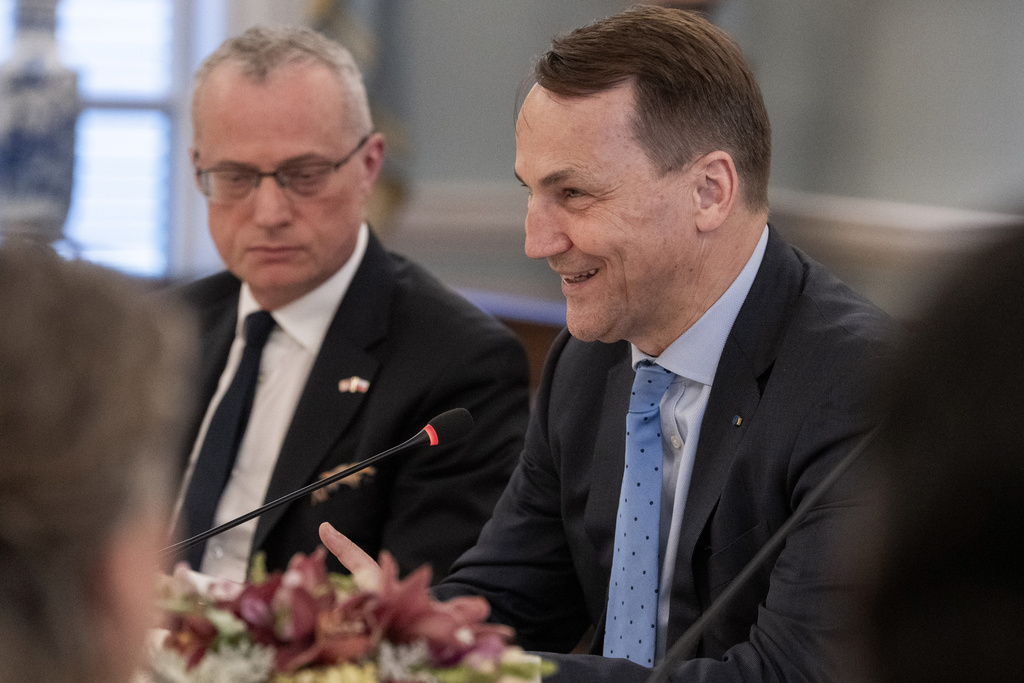Polish Foreign Minister Radosław Sikorski decided on Wednesday to terminate the missions of more than 50 ambassadors and to withdraw more than a dozen nominations submitted for approval by the ministry’s previous leadership.
As the ministry communicated on its website on Wednesday, the proposed changes were presented at the Foreign Service Council, and once they were approved by Prime Minister Donald Tusk, practical termination procedures were launched.
“The government, which bears constitutional responsibility for foreign policy, believes that the necessary replacement in the positions of Poland’s representatives abroad serves the purpose of better, professional implementation of the difficult challenges facing Polish foreign policy today,” the communiqué read.
The Polish Foreign Ministry announced that it hoped “for consensual cooperation on this issue between the country’s top authorities.”
On Tuesday, Tusk said he had decided together with Foreign Minister Radoslaw Sikorski to ask the president’s approval for changes to most embassies. He stipulated that he would not announce specific names at this time.
“In any case, we are facing a very massive change in embassies,” he said.
Sikorski, interviewed by commercial radio RMF FM, said that if the president refused to nominate the ambassadors, the new government warned that a charge d’affaires would be appointed to manage the embassies and that this would not be unusual in the diplomatic world.
According to the Foreign Service Act, an ambassador is appointed and dismissed by the president of the Republic of Poland, on the proposal of the minister responsible for foreign affairs, and approved by the prime minister.
“Ambassadors are appointed and dismissed by the president, so the communication from the Ministry of Foreign Affairs is greatly exaggerated,” said presidential minister Małgorzata Paprocka on Wednesday.
She pointed out that the constitution requires cooperation between the Council of Ministers and the Minister of Foreign Affairs with the president on foreign policy matters. Referring to a journalist’s question of whether this is a “purge” in embassies, Paprocka replied: “The question is whether there are legitimate reasons behind it.”
“I understand Prime Minister Donald Tusk’s statement from yesterday, when he spoke about proposed changes in ambassadorial positions, but it’s not the case that cooperation, as understood constitutionally, is only when the president signs all the prime minister’s proposals. We need to sit down and talk,” said Paprocka.





